Author:
Kirsten Krueger
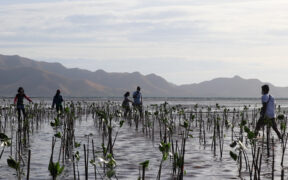
We’ve interviewed Dr. Joan L. Castro, M.D. as a transformative leader and healthcare professional dedicated to reshaping public health.
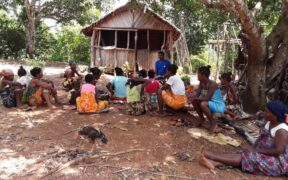
Blue Ventures started integrating health interventions, addressing a huge unmet need for family planning. We came to understand that we were addressing a health need which is part of a broader ecosystem consisting of conservation, health, livelihood, and other challenges.
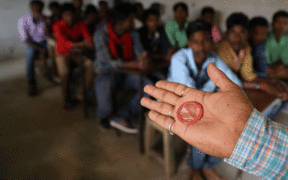
Approximately 121 million unintended pregnancies occurred each year between 2015 and 2019. When used correctly, female condoms are 95% effective at preventing pregnancy and sexually transmitted infection. Male (external) condoms provide a nearly impermeable barrier to particles the size of STI pathogens and HIV and are 98% effective at pregnancy prevention when used properly. Condoms remain the most used family-planning method among youth and offer protection from unintended pregnancy, STIs, and HIV.
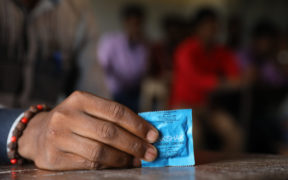
Many people forget the power of condoms as a family planning tool. This collection reminds us how condoms remain relevant even as FP/RH innovations arise.
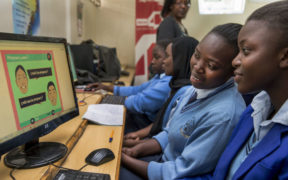
In spite of all the interest in individual know-how and learning, capturing and sharing tacit program knowledge remains a significant challenge and requires social interaction. This is exactly what Knowledge SUCCESS set out to change with the introduction of the Learning Circles regional cohort series. Informal, cross-organizational knowledge and information sharing that aligns with regional context are in demand. FP/RH professionals call for new ways to access and use evidence and best practices to optimize FP/RH programs.

In nearly eight years at the helm of the Systematic Approaches to Scale-Up Community of Practice (COP), the Evidence to Action (E2A) Project grew the community from several committed partners in 2012 to nearly 1,200 members worldwide today. With sustained engagement from the U.S. Agency for International Development (USAID), core technical partners and founding members, ExpandNet, and the IBP Network, the COP advanced the field of scale-up.













